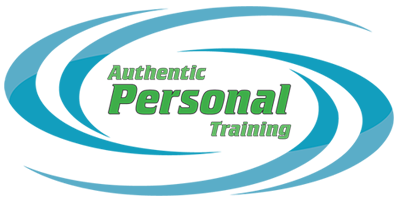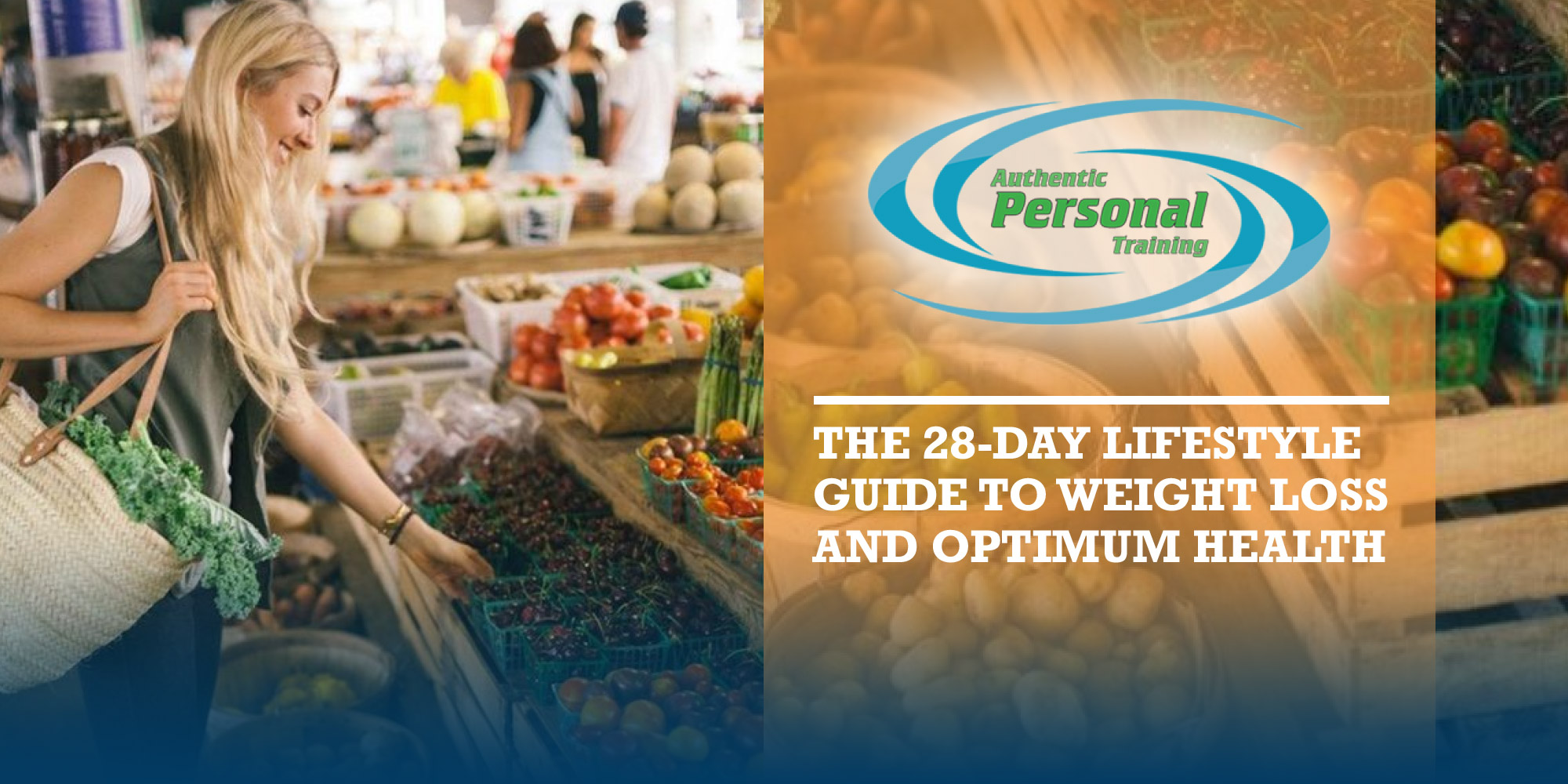Do you know how salt intake effects your health? Life would be pretty bland without salt. Not only is it a food binder, flavourer and stabiliser, and preservative, it also plays a key role in health – even if a lot of what you hear about salt is negative. Excessive salt intake can have detrimental effects on health, as it is a leading contributor to high blood pressure. Elevated blood pressure increases the risk of heart disease, stroke, and kidney problems. To maintain optimal health, it’s essential to consume salt in moderation and be mindful of its presence in processed and restaurant foods.
Read on to find out more about salt, it’s health benefits and how much is too much.
What is Salt & why do we need it?
Salt or sodium chloride is composed of 40% sodium and 60% chloride. According to the Harvard School of Public health, the majority of the salt we consume comes from evaporated seawater or is mined from deep in the earth. The sodium part of salt is required by the body in small amounts.
Sodium plays a role in various physiological functions such as maintaining the correct balance of water and minerals, conducting nerve impulses, blood pressure regulation and the contracting and relaxing of muscles. We require around 500mg of sodium daily for these jobs to be carried out.
On the other end of the spectrum, too much sodium can result in high blood pressure and in turn heart diseases. Research has also shown that too much salt can pull calcium from the bones and result in losses.
For this reason, the World Health Organisation recommends no more than 2300mg of salt per day which equates to 5g or a teaspoon. The Australian government recommend less at 2000mg/day, while most Australians consume almost double this at the equivalent of 9g daily.
Adverse effects of too much salt on your health
The sodium in salt attracts water, and as the sodium accumulates the body holds on to extra water to dilute the sodium. Not only does this increase the amount of fluid surrounding cells, but also the amount of blood in the bloodstream.
More blood = more work for the heart and blood vessels. Over time this may lead to high blood pressure, heart attack and stroke. It also has direct adverse effects on the heart, aorta and kidneys.
Those with a diet high in sodium risk the effect of loosing calcium in urination resulting in increased risk for osteoporosis and brittle bones. Research also shows that a higher intake of salty foods leads to an increase risk of stomach cancer.
Is there a ‘best’ salt?
As mentioned, it is not salt our bodies need, but sodium. Sodium is not something you need to go looking for; it will find you.
Generally unprocessed foods such as:
- fruit
- vegetables
- wholegrains
- nut
- meats and
- dairy are low in sodium
The majority of salt in our diets come from processed foods and not the salt we add in cooking or at the table.
Items such as:
- breads and rolls
- pizzas
- sandwiches
- cold cut or cured meats
- soups
- tacos
- burritos
- chips
- popcorn
- pretzels and
- crackers are amongst the foods we should be wary about on salt content and try to reduce.
When it comes to the table; finely grounded salts often contain more sodium that salt with chunkier crystals. Despite less processed salts containing more minerals in comparison to processed salts, it is not enough to provide any substantial health benefits.
Table salt is the most used salt worldwide and contains 2300mg of sodium. Since 1924, table salt has been iodized with iodine to prevent goitre and hyperthyroidism which are caused by iodine deficiency. Himalayan or pink salt is a salt that has been claimed to have various health benefits in recent years.
Similar to sea salt, Himalayan salt is less refined and processed making the crystals appear larger and often contain small amounts of calcium, iron, potassium and magnesium.
In Summary
Salt is clearly an essential mineral which has a variety of uses both in the kitchen and the body. Being aware of the amount of salt in your diet however will be useful to help you avoid the risk of unwanted health complications while allowing you to enjoy the flavour. As always, it is advised that you consume in moderation and do not have in excess for prolonged periods of time.
Want To Learn More?
Since COVID-19 entered our lives, we have aimed to deliver some great weekly information as to how you can remain healthy, productive and in good spirits. This blog post is the latest addition to a growing library of information. Click to read more on our dedicated COVID support blogs.
Over the last 7 years Authentic Personal Training has established itself as a leading health and fitness studio on the Lower North Shore. We are incredibly proud to announce that we have been voted The Best Fitness Business on The North Shore for 2019.
Join us on our Facebook page:
https://www.facebook.com/authenticpersonaltraining/
To book a complimentary Personal Training Session with one of Sydney’s most experienced Personal Trainers, simply fill out the form below



